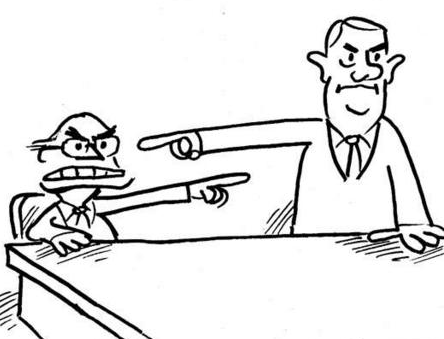 When public or quasi-public entities contract with private businesses to use their facilities it can be difficult to pin down just who may have violated the ADA. It doesn’t have to be, but allocating ADA responsibility requires that the parties at least think about it. When they don’t the resulting litigation is likely to be complex and lengthy.
When public or quasi-public entities contract with private businesses to use their facilities it can be difficult to pin down just who may have violated the ADA. It doesn’t have to be, but allocating ADA responsibility requires that the parties at least think about it. When they don’t the resulting litigation is likely to be complex and lengthy.
In Disabled Rights Action Comm. v. Las Vegas Events, Inc., 375 F.3d 861 (9th Cir. 2004) the Ninth Circuit established that a private entity could not avoid ADA liability by renting a publicly owned facility. It found, in essence, that the facility became a public accommodation when it was being used by the private entity, and the private entity could be the operator of that public accommodation. The now decade old message for businesses was clear: Your ADA liability will depend on your contract with the facility, and in particular on whether you control some aspect of accessibility.
A case decided on December 8 shows that this message has not yet been taken to heart by event the largest and most sophisticated enterprises. Ritchie v. Nat’l Football League, 2014 WL 6980236 (D. Hawaii. Dec. 8, 2014) was brought by a disabled patron of the NFL’s annual Pro Bowl. She had been unable to sit in the front row seat she purchased because, she alleged, the NFL and stadium owner, a quasi-governmental agency, forbade it. She sued both the NFL and the stadium owner under state and federal law. The NFL’s defense was simple; although it used the stadium it had no control over seating issues, including accessible seating issues, because these were under the control of the stadium owner. After looking at both the contract and the conduct of the parties the court concluded the question of control could not be resolved on a Motion to Dismiss or a Motion for Summary Judgment. This leaves both the NFL and the stadium owner as defendants in a lawsuit that has the potential, at least, to last a long time and cost a lot of money.*
Could the NFL have done better? The answer is certainly yes. In order to avoid any possibility of injunctive relief under the ADA the NFL and stadium owner entered into a stipulation that the NFL would have no authority at all over seating decisions in the future. This mooted all the plaintiff’s claims against the NFL except her state law damage claims. The fact that the NFL could make a contract that eliminated ADA liability after the fact proves that it could have made a contract before the plaintiff’s visit to the Pro Bowl that did the same thing. It is reasonable to assume that it didn’t because no one thought about the issue.
“Remember the ADA” doesn’t have the ring of “Remember the Alamo,” but it is critical for any business that enters into short term contracts to use facilities owned by others, and of course equally important to the facility owner. An equally important second lesson is that the ADA isn’t just about physical accessibility. The plaintiff in this case did not claim a violation of the ADAAG or 2010 Standards. Her claim was based on the way she was treated when she tried to reach her seat, not on the fact that the seat was unaccessible. It isn’t enough to contract for control of physical accessibility: It is equally necessary to contract for control of operations decisions that might include discriminatory conduct. ADA compliance issues should be on the checklist of every lawyer who helps negotiate facilities usage agreements of any kind.

